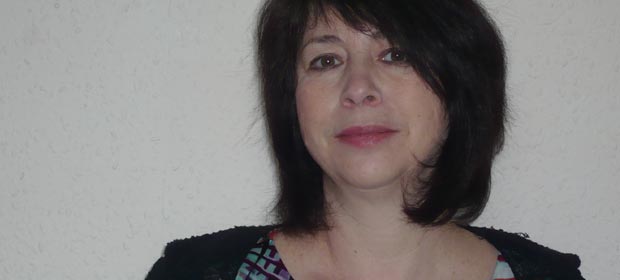Compliance with standards does not always guarantee your patients are safe, Mr. George McCracken, head of risk and environment at the Belfast Health and Social Care Trust, told a Dublin conference and workshop on compliance and water safety. Susan Pearson reports.
Compliance with standards does not always guarantee your patients are safe, Mr. George McCracken, head of risk and environment at the Belfast Health and Social Care Trust, told a recent Dublin conference and workshop on compliance and water safety. Sponsored by Pall Medical and Intraveno and organised by AUK Learning, the event aimed to promote collaboration and sharing of knowledge between Irish and UK healthcare professionals.

Looking at how hard lessons learnt might be transformed into practical working policies across all areas, not just water, Mr. McCracken stressed: “We need to get the job done the safest possible way – yet this may not always be the compliant way.” He emphasised the importance of optimism, highlighting hospitals’ huge numbers of success stories because “of everything we’re doing right, not because of problems.”
Compliance is designed to make institutions safer yet, he commented, can translate as a focus on ticking boxes. While this approach can make a difference on the ground, he said, “there’s a fine line between what will help, for example, major actions that will substantially reduce risk, and small actions that have much less impact yet use up substantial resources. What is most important is to question how safe your procedures are.”
“We need to get the job done the safest possible way – yet this may not always be the compliant way.”
Mr. McCracken explained how despite compliance with best practice, including rigorous water management and implementation of control measures to control bacterial growth, high bacterial counts may still be found in tap water.
For example, a suspected case of Legionnaire’s disease, which is caused by the waterborne bacterium Legionella, appeared in late 2012 in one of the Belfast hospitals. But this was found, Mr. McCracken emphasised, not because his team were failing to do their job, but because the hospital’s consultants are actively sampling for Legionella in patients with respiratory difficulties.

The Belfast Trust is highly pro-active on water hygiene, Mr. McCracken told the audience, yet a well documented outbreak of Pseudomonas aeruginosa occurred in the neonatal unit in January 2012, causing several deaths.
The bacterium was isolated in several sensor taps in the main intensive care room. Looking for a solution, the Belfast team successfully trialled a new water treatment technology that utilises UV light to disinfect bacteria present in an incoming water supply. Mr. McCracken commented how compliance had failed to prevent a problem in this case, but taking a risk on a solution had resulted in innovation and a much safer patient environment.
He noted that despite root cause analysis, an independent review and an HPA investigation, the route of transmission of the bacterial strain between the affected taps was never established.
Our hospitals are doing very good work but often political and public opinion are informing the instructions that filter down to us, and many of these instructions don’t reduce the risks in the right areas.
“Compliance was the whole focus of all the reviews,” he said, “but we’re not asking the right questions about safety. Our hospitals are doing very good work but often political and public opinion are informing the instructions that filter down to us, and many of these instructions don’t reduce the risks in the right areas.
“Compliance is the right thing to do as a baseline. But in the case of the Belfast Pseudomonas aeruginosa outbreak the engineering compliance demanded by the investigators didn’t make us any safer than we were before the incident. In a climate of constant budget pressures, sometimes the only route is to innovate your way out of problems.”
Martin Hughes, General Services Manager of Dublin’s Mater University Hospital and member of the Irish Health Management Institute (HMI), a participant at the conference noted: “If you want standards you have to balance them with available resources…Bringing out standards is fine, but the relevant people have to be consulted to check they’re workable, they can’t just be words on the page…and they have to be resourced if you’re going to be compliant.”
A discussion session between groups of delegates provided an opportunity for participants to investigate the roles and relationships between governance, assurance, procedures, capabilities, outcomes, monitoring and audit in order to understand how well managed compliance systems might benefit an organisation.
The overall conclusion was that greater multi-disciplinary collaboration is required to learn from the issues. Shared insights would help produce shared best practices, the delegates thought, leading to many more opportunities for joint initiatives and innovation.
A video of the event can be viewed at www.specialistmasterclasses.com
Susan Pearson BSc (susan@wordways.co.uk) is a freelance journalist and communications consultant specialising in medicine and the environment.

